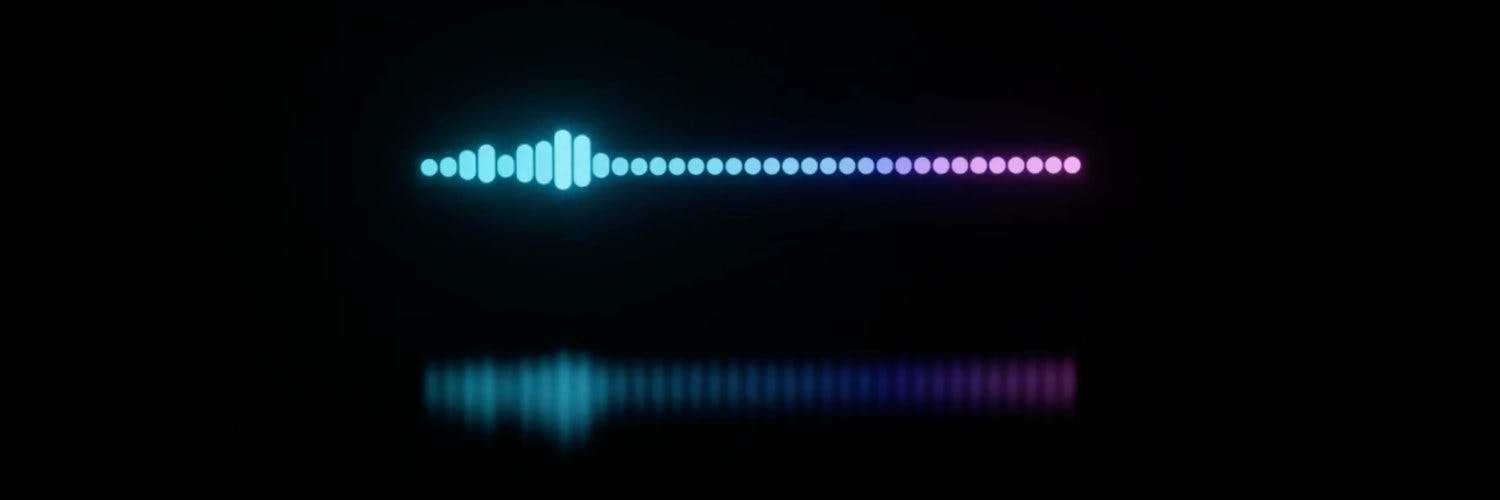Although some ideas from the 2017 ICO craze faded into the background, some have taken main stage in 2021. DAOs are an innovative way to organize money and people, and NFTs went from headlines about record-breaking sales (a cheeky $69 million) to being the new backbone for hundreds if not thousands of web3 projects. Under the hood, NFTs are an ERC721 smart contract - a program that codifies all the rules behind the digital asset. The most basic of NFTs simply allow you to transfer the token to another wallet; the more interesting ones are just around the corner.
NFTs will radically change how we represent digital files, how we think about the monetary value associated with them, and the way in which we interact with them online.
If we take a look at the smart contract that represents a bored ape, we can actually see what functionality it supports. It’s a basic ERC721 with some business logic to handle the initial sale/distribution. In some cases an upgradable smart contract is used, meaning more functionality can be added later - although this design pattern is more meant for potential bug fixes, not so much additive features. In any case, new contracts could be later deployed that interact with the original ERC721 contract.
What more functionality would we want? Well, we could make it such that every future sale of the NFT would distribute royalty fees to the original creator (the person that minted the token) or all previous owners - automatically. No need to have them visit a webpage and claim their money. The transfer/sale of the token itself would trigger the routing of value from the buyer’s ETH wallet to the recipients’ ETH wallets. This kind of automatic value routing is only now possible on the internet via blockchain networks; it feels like the internet finally has a native payments protocol.
Another feature that could be embedded in the NFT contract itself is this idea of streamable money. Imagine a company decides to sponsor one of the bored apes, considering the owner is a famous celebrity that represents their brand well. In order to use that specific bored ape in their next marketing campaign, they have to open a payment channel between their ETH wallet and the NFT owner’s. That payment channel would, on some contract-defined interval, stream a little bit of ETH to the owner’s wallet - and the act of creating this channel alone would grant the company exclusive access to use the bored app in their next commercial. There’s obviously a few different components of this feature that need to be developed and made scalable, but SuperFluid already has a set of smart contracts available for developers to create products on top of streaming payment channels.
Audio is about to have its moment in the NFT spotlight
Ideas around digital ownership apply to other kinds of files, not just JPEGs. I think music files are about to have their moment in the NFT spotlight. We can see the early signs of industry interest with 3lau and his music royalties platform Royal, and Snoop Dogg selling NFT Passes for a Metaverse party. These are concrete examples of interest from an industry that is poised for innovation and a complete overhaul of business models.
A platform with an extensive plan to be the web3 platform for musicians is Audius - a protocol for audio content aiming to be its decentralized storage solution and ledger. The protocol consists of the Audius tokens ($AUDIO), stablecoins, and artist tokens. Staked $AUDIO tokens have an associated governance weight, allowing token holders to shape future iterations of the platform. The artist token revolves around the idea that when fans hold a certain amount of an artist’s unique token, they can access exclusive content from that artist - exclusive album drops, interviews with musicians, etc. Another mechanism is artists who use the Audius platform must maintain a bond in $AUDIO to continue to distribute artist tokens, acting as an incentive intending to strengthen community trust and use of the platform.
The variety in features shows Audius aims to play a part of the larger web3 ecosystem, and it has taken impressive steps in demonstrating how a decentralized environment for audio content could work. Time will tell if they can de-throne the incumbent in Spotify. To me, what’s more interesting are the “smaller” projects that are experimenting with new models for record labels, music ownership, and creative output/remixing - to name a few:
web3 has the opportunity to radically change the landscape
Considering that current web2 services in the music industry (Spotify, Ticketmaster) were built on top of proprietary payment rails and closed-off systems - web3 has the opportunity to radically change the landscape and offer creators and consumers services that are more open, more modular, and much more versatile in how data and value is exchanged - all while preserving the authenticity and rights of all network participants.
I’m looking forward to sharing more (in the near future) about what we’re experimenting with over at StemsDAO - the web3 music label. Gives us a follow!
